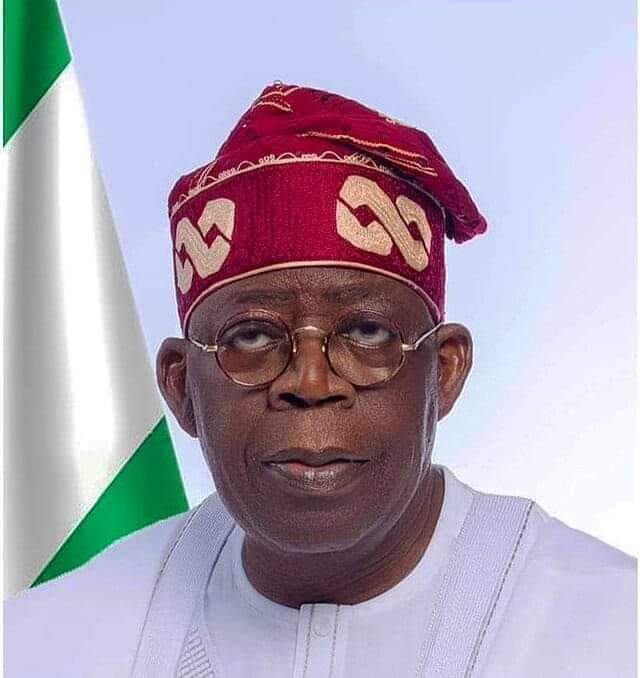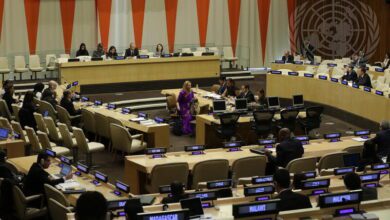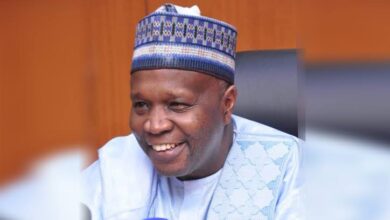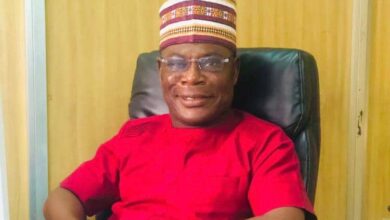President Tinubu’s First 100 Days: Navigating Challenges And High Expectations

President Bola Ahmed Tinubu achieved his lifelong aspiration of becoming Nigeria’s president when he was declared the president-elect of the February 25, 2023, presidential election. On May 29, 2023, during his inauguration as the President and Commander-in-Chief of the Armed Forces, he wasted no time in expressing his commitment to hit the ground running. In his address, he humbly requested not to be pitied, emphasizing that he had actively pursued the presidency. President Tinubu’s first 100 days in office were marked on September 5, 2023.
However, an in-depth assessment of his administration within this relatively short timeframe may not fully reflect the promises he made to the Nigerian people. It is essential to consider the challenges inherited from the previous administration under Muhammadu Buhari, which endured eight years of economic difficulties. President Tinubu had pledged to alleviate the burdens faced by the poor, and this commitment generated enthusiasm and high expectations among the populace.
One notable policy shift was the sudden removal of the controversial oil subsidy without accompanying palliative measures mentioned during his inauguration speech. Following this move, Nigerian oil marketers and fuel racketeers swiftly increased the pump price of Premium Motor Spirit (PMS) from N186/ltr to N575/ltr and later to N617/ltr. Their rationale was that the price adjustment was a response to global oil prices and associated costs. Additionally, changes in the exchange rate led to a depreciation of the Naira against other currencies. Subsequently, Nigerians experienced increased living costs, including rising food prices, transportation expenses, rent hikes by landlords, and higher school fees, among other challenges.
Before he assumed office Nigerians had eagerly awaited the 2023 general elections as an opportunity for change. Youth and political sentiment were strongly geared toward effecting a transformation in various aspects of the country’s political landscape. Some politicians capitalized on the public’s anger and youth mobilization, switching parties they viewed as more conducive to their political ambitions.
It is widely acknowledged that the previous administration, led by former President Buhari, faced significant criticism for its handling of the economy. While promising change, the administration was perceived to have delivered misery and despair. Corruption, which the government pledged to combat, appeared to flourish.
While it is essential to address economic challenges and leadership issues in Nigeria, this article primarily focuses on the treatment of individuals who have served the nation diligently and those, who upon identifying institutional weaknesses or leadership shortcomings, have sought to enrich themselves. Recent developments in the political arena bring into question the treatment of individuals like Mr. Godwin Emefiele, the suspended CBN Governor, and Abdulrasheed Bawa, the suspended Chairman of the Economic and Financial Crimes Commission (EFCC). Both face various charges, possibly related to their actions while in office during the previous administration.
It is important to recognize the valuable contributions of these individuals during their tenure. For instance, Godwin Emefiele, as the CBN Governor, played a pivotal role in propping up the economy during times of fiscal uncertainty. His interventions and policies were instrumental in averting economic crises, particularly during the COVID-19 pandemic. Similarly, Abdulrasheed Bawa demonstrated zeal and effectiveness in his role as the anti-corruption czar.
However, they may have inadvertently crossed ethical boundaries while executing their duties as directed by the Commander-in-Chief (C-in-C) in alignment with political agenda. For example, Godwin Emefiele’s foray into politics and a controversial Naira redesign policy attracted political criticism, while Abdulrasheed Bawa’s aggressive pursuit of corruption cases earned him powerful enemies.
While this discussion does not intend to justify their actions or inactions in office, it however raises questions about the treatment they currently face. Is this treatment an incentive or disincentive for individuals to serve their nation?
President Tinubu’s administration has already made bold policy moves, although they have resulted in unexpected hardships for Nigerians. With the appointment of his cabinet after nearly 80 days in office, Nigerians anticipate selfless dedication from him and his team. Concerns have arisen regarding the inclusion of certain politicians, including former governors with underwhelming performance records, in the cabinet. Nigerians hope to avoid a repeat of past experiences, where ministers seemed ill-prepared, leaving the Central Bank of Nigeria to take on responsibilities beyond its mandate to prevent economic collapse.
Given the current economic challenges, Nigerians expect President Tinubu to uphold his commitment to hold non-performing ministers accountable. This approach should ensure that the Central Bank of Nigeria can fulfil its constitutional responsibilities as outlined in BOFIA 2007 without unnecessary political interference. Preserving the CBN’s independence is essential for effective monetary policy and economic stability.
In conclusion, while it is crucial to address economic woes and leadership issues, it is equally important to safeguard institutions like the Central Bank of Nigeria from unwarranted political interference. Nigeria’s economy depends on CBN’s stability and effective functioning, and it is essential to protect this national heritage.
Chisom Adindu writes from Umuahia, Abia State.






